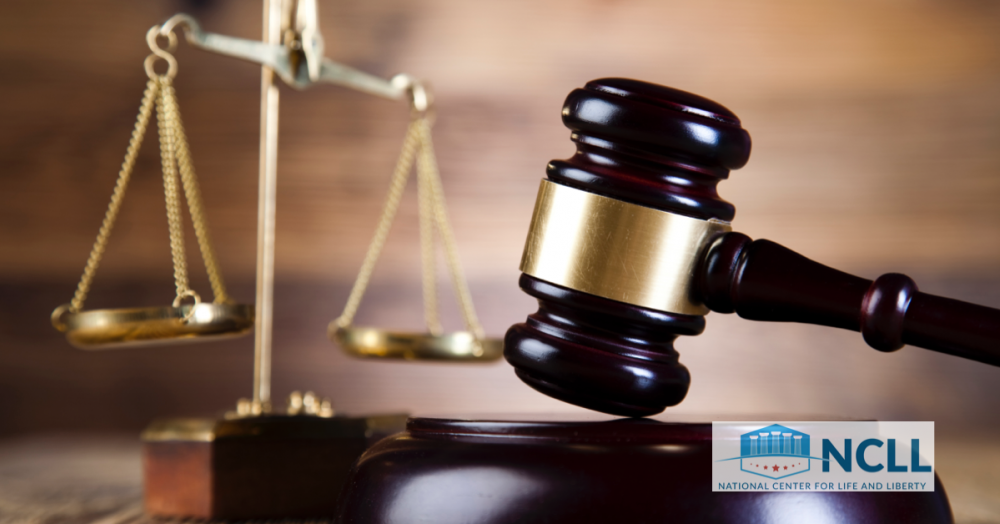
We pray for the friends and family grieving the passing of former justice John Paul Stevens. Justice Stevens had suffered a series of strokes in his final days on the court and just before his passing this week. Much has been reported about his appointment by President Gerald Ford, his colorful thirty-five years on the court, and his high-profile comments in the decade following his resignation.
Many had hoped his tenure would more consistently reflect constitutional principles. However, Justice Stevens was one of several justices who drifted away from founding principles despite being nominated by presidents outwardly committed to constructionist ideals. Justice Stevens’s last decision illustrates his uneven handling of the constitution. Please pray today’s judiciary will not fall into the same temptation to subvert God’s gifts of life and liberty due to personal ideology or desire for the approval of man.
In Christian Legal Society v. Martinez, while Justice Ginsburg wrote for the majority, Stevens wrote his own concurring opinion. The stance of the CLS chapter of Hastings College of the Law (part of the University of California system) was that it could require its leaders and members to adhere to Christian beliefs and conduct. CLS argued (we believe correctly) the university could not infringe on the Christian student organization’s First Amendment rights to free speech, assembly, and exercise of religion.
SCOTUS instead, by a vote of 5-4, ruled that government-operated Hastings could force the Christian student organization to admit “all comers” as leaders and members regardless of the “status or beliefs” of a student. They decreed that by operating as a “Registered Student Organization (RSO),” with access to facilities, student fees, and other benefits offered to specialized student groups, the CLS must adhere to Hasting’s “nondiscrimination” policy. Later courts have found in favor of Christian student groups’ rights to enforce their statements of faith for their members and leaders if their governing university’s “nondiscrimination” policies are unequally applied for other special-interest student groups organized along gender, faith, worldview, or lifestyle.
The issue of students’ religious freedom and free speech has become more complex since Stevens’ opinion. As Christians, we thank God for giving us life and liberty. Please pray and share as we fight to protect both gifts for the next generation, realizing the power the courts exert over the daily lives of every American.

